Newspapers don’t tell the truth under many different, and occasionally innocent, scenarios. Mostly when they don’t know the truth. Or when they quote someone who does not know the truth. And more and more, when […]
Category: Journalism

News Culture of Fear
Over on Google+ today, Chris Sewell posted as an image of a tweet from New York Times columnist Nick Bilton. Nine days ago I wrote about fear, not contagion, being the real threat Ebola poses. Nick’s point is scary itself. Happy Halloween to you, too.
For the supposedly freest country in the world, fear enslaves America, and the news media helps forge the chains. How stupid is that? In the past 12 hours, I have seen two people in my neighborhood wearing full-face masks—the fleshy colored material used to wrap up an injured knee. The masks covered from below chin to eyes. That’s the culture of fear.

In News Reporting There Is No Truth, Just Perspective
On Oct. 17, 2014, I received my membership card to the Society of Professional Journalists, which had been on my “maybe join” list for years. What flipped me forward: The organization’s Code of Ethics, which official revision released September 6. I had observed, but not participated in, the process to produce the new guidelines, which, while overreaching, are worthwhile.
However, while the changes contributed to my decision to join SPJ—being a journalist who blogs rather than a blogger—my ethical priorities differ somewhat from the new Code. My book Responsible Reporting: Field Guide for Bloggers, Journalists, and Other Online News Gatherers is all about ethics and how the Internet changes them. The tome makes trust, rather than truth, the news gatherer’s top ethical tenet.
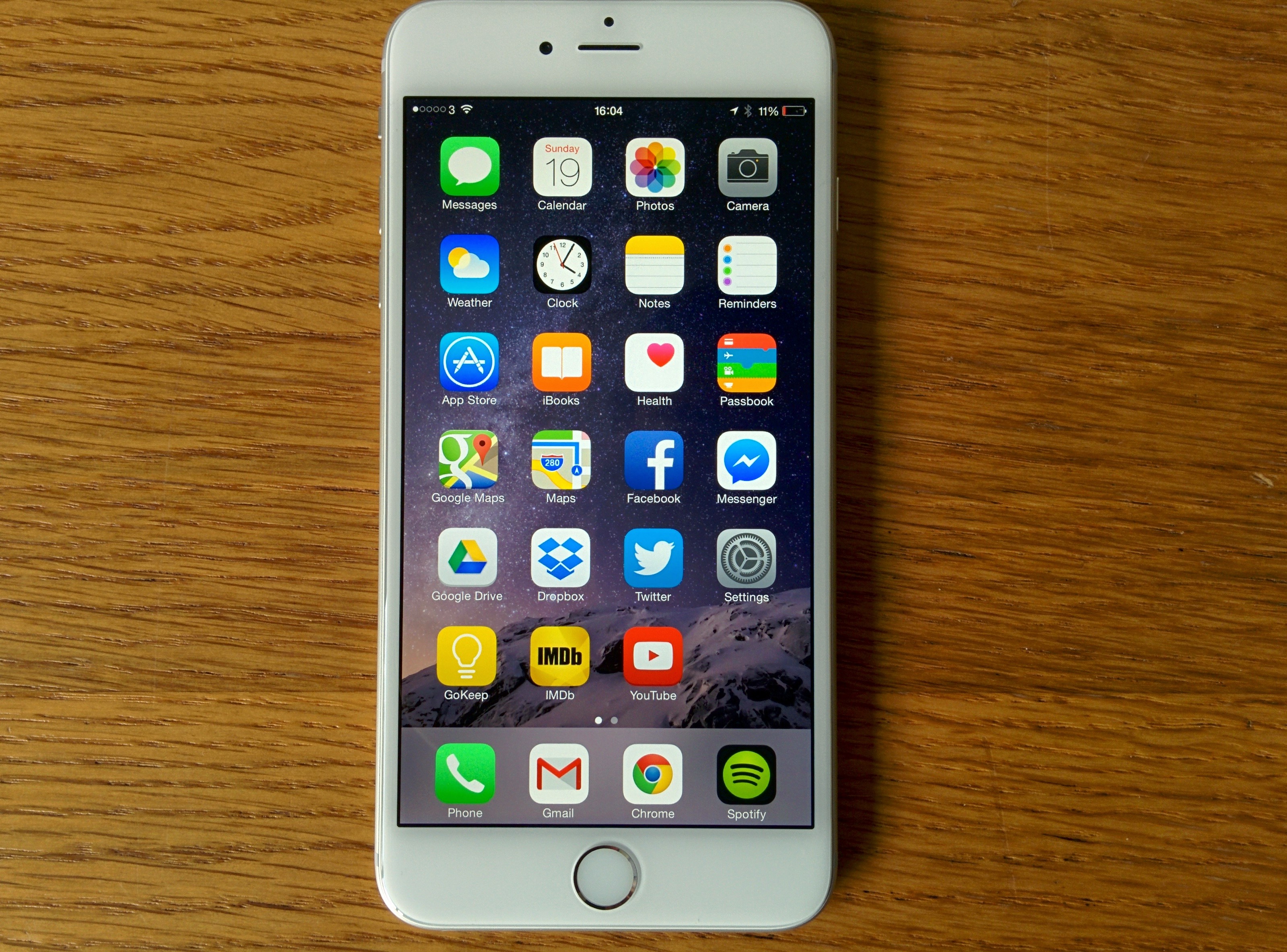
Journalist sets Standard for Follow-up Gadget Reviews
Whenever I receive loaner devices, I ask to keep them for months because long-term use reveals much. Initial reviews often miss important usability benefits or problems only prolonged usage reveals. No one can get to every feature or receive all the benefits in one day or week.
Something else: As I often say, in news reporting, or reviews, bias is inevitable. Time helps extinguish the new thing glow that can bias reviews and make them more favorable than the products deserve. As the glow darkens, sounder perspective brightens.
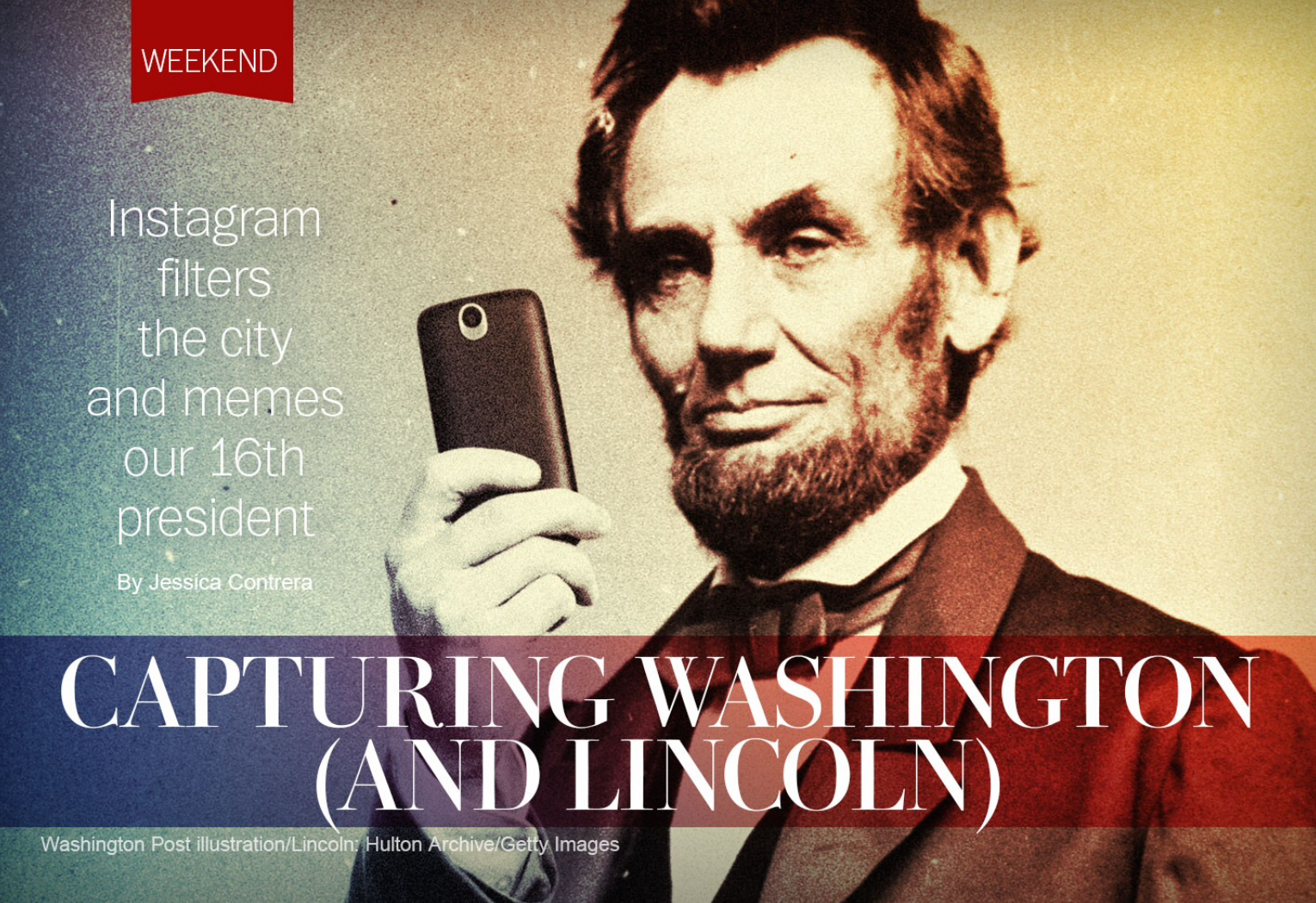
In Praise of Washington Post Editors
In September, my wife and I received emails offering a year’s digital subscription to the Washington Post—that’s web and mobile devices—for $29. I signed up without hesitation and am now a regular reader.
As an editor and journalist, I am fascinated watching how the Post presents stories in the iPad app and on the web. The photo of Abe, from a superb story on selfies in Washington, is attention grabbing. The one above is from the app, but the web version below has the more compelling headline, which would move me to click over the other.

Newsroom and Masthead Matters
I normally pan top-10 lists, but this one sings, eh, zings: “10 Top Tips For PRs Considering Whether To Phone The Register. Dek: “You’ll Read These And LOL Even Though They’re Serious”. Read `em and believe `em, if public relations is your fame and contacting Joe Wilcox is your game.
The Reg gives great guidance, and I needn’t really add to the list but will a tinsy-bit. I read and file most PR emails sent directly to me. I just likely won’t respond, or will forward the message to someone else on the team. So if you don’t hear from me, despair not.

Robert Scoble and I Turn in Opposite Directions But Share Destination
While checking Robert Scoble’s website for a link, I came across something quite unexpected: “I have completely moved to social media“. Bwahaha! He goes one way, while I head another. I’m in the process of pulling back my online posts to my personal blog, which will act as the hub for social media as the spokes.
There is nothing original about the idea. Lots of bloggers put social services second. I have long waffled between the two approaches, with the majority of my personal posting going to Google+ since summer 2011. Main reason: Large audience of followers and lots of interaction with them.
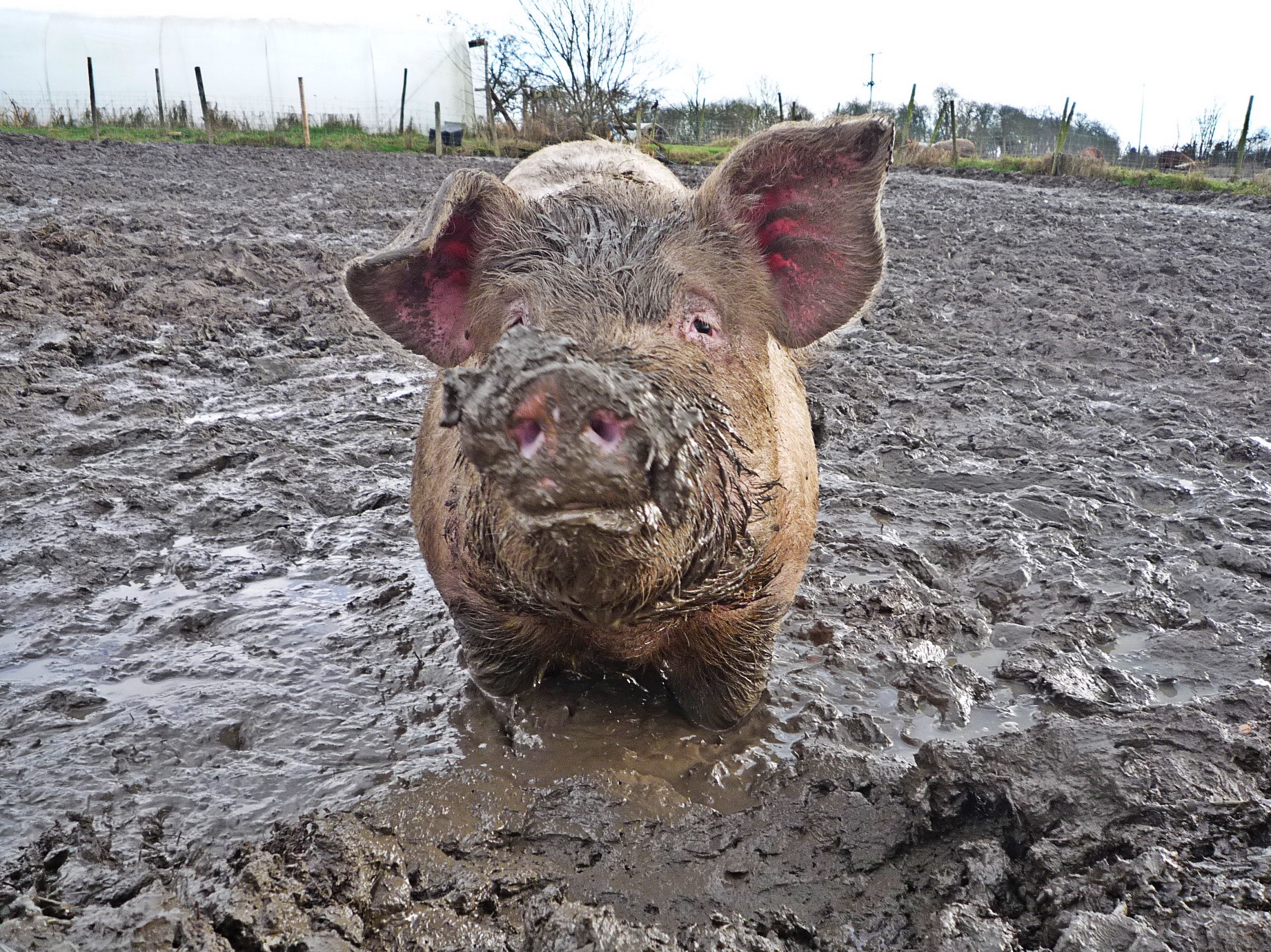
Journalism and the Corporate Blog Problem
Blame—or perhaps credit, depending on viewpoint—for corporate blogging’s impact on news reporting belongs to Vic Gundotra, Len Pryor, and Robert Scoble. (Robert claims to “have completely moved to social media“; he’ll be back, so I link to his blog.) These three people played pivotal roles bringing to life Microsoft’s Channel 9 blogsite, which launched a decade ago.
I am in process of restoring my blog posts made to TypePad during the last decade, starting with 2004. The process is manual, rather than automatic, so that I can check links and also get some sense of who I was then as filter for better understanding who I am now. This morning I reposted, unchanged, “Corporate Blogsite: Marketing Veiled as News“, from April of that year. A week earlier, Channel 9, which is that post’s focus, went live.
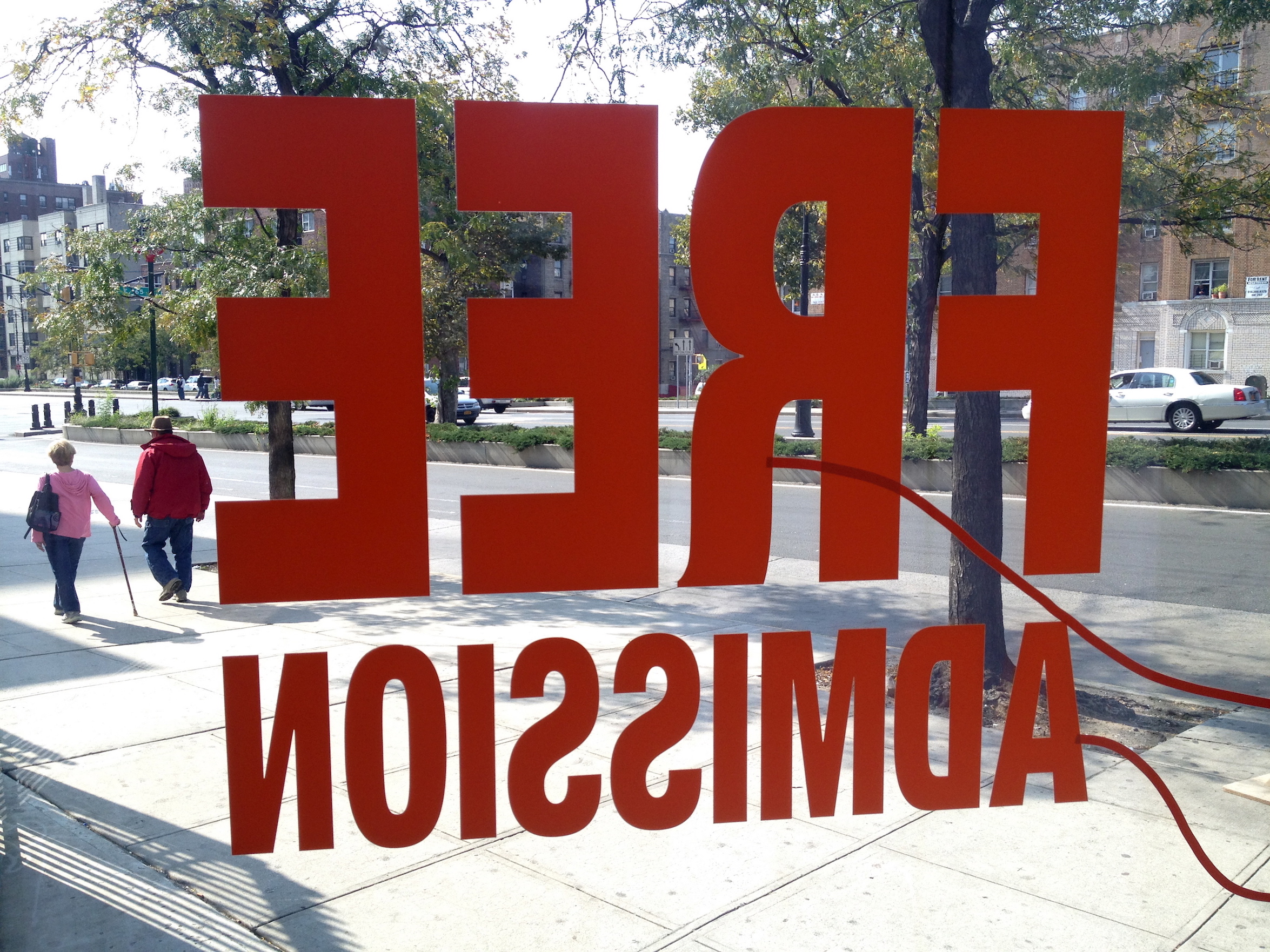
No Wonder Free is the Expected Cost
Last month, I read frighteningly insightful analysis “How the Internet Killed Profit“. Ah yeah. Facilitated in part by the Google free economy, many things that were profitable suddenly aren’t. There’s little financial gain giving away valuable content. Free isn’t necessarily bad, just a myth—the great Internet lie that reinforces the justification no one needs to pay for anything.
But as I explained five years ago in post “The Problem with Free“: “Free and the Internet go oddly together, and not necessarily well together…People will pay for anything for which there is perceived or actual value. Free is an acceptable price when there is perceived or actual value”. Pay or free are the same because value matters more. The 2009 analysis responded to Chris Anderson’s assertion that on the Internet “free really can be free”. He is misguided.

Business Insider Buzz Cuts Sources on iPhone 6 HairGate
The weekend’s stupid Business Insider story using a 9to5Mac community post for a news story about iPhone 6 “HairGate” boiled my blood. So mad, on Sunday, I drafted, but didn’t post, KickStarter pitch for site “Journalism? What the Fuck?”; in August I registered domain journalism.wtf.
Seeing the story, I tweeted: “Get a buzz cut. Problem solved”. Followup: ‘If I got 5 people to post on some forum that #iPhone6 smelled like a urinal some blog would write about stinkgate. Stop the insanity!” The buzz cutting here is one of sources, or lack of any that are credible.

Bias is Unavoidable
Overnight, AppleInsider posted Daniel Eran Dilger editorial “After Apple Inc. dodged the iPhone 6 Plus BendGate bullet, detractors wounded by ricochet“. As is typical of his stories, the tone is conspiratorial and heavily biased in Apple’s favor. That’s okay. He practices what I explained in February is “advocacy journalism“.
In my book, Responsible Reporting: Field Guide for Bloggers, Journalists, and Other Online News Gatherers, I identify five types of journalism relevant today, and each gets a whole section: advocacy, conversational, contextual, mob, and process. Two other journalisms—data and immersive—receive cursory treatment but will be expanded whenever I next update the book. Where I deviate from traditional views about news reporting—what’s taught in J schools—is my glowing endorsement for these different reporting practices, with advocacy journalism being perhaps most controversial.
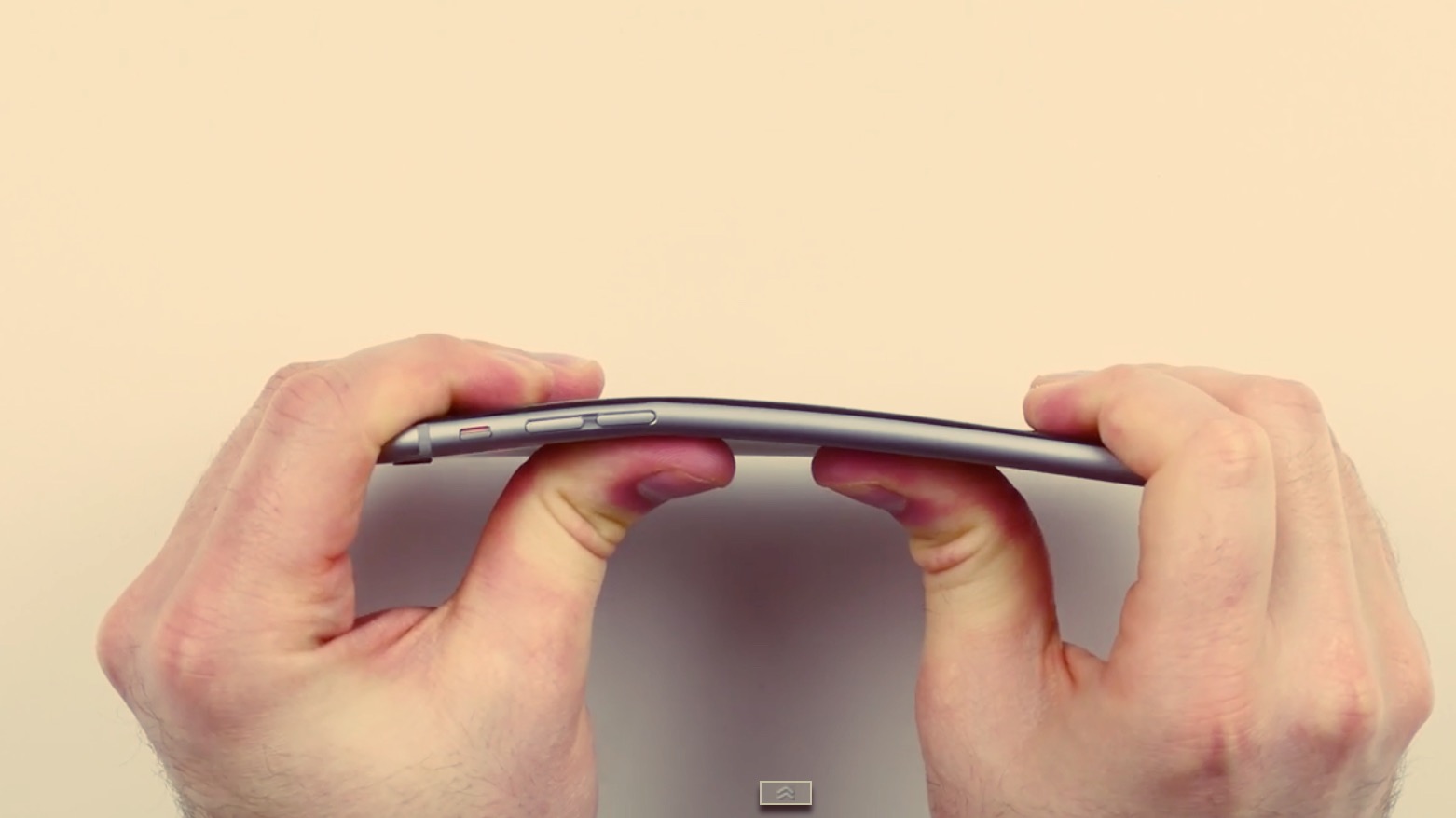
What Apple BendGate reveals About News Reporting
There are days I want to walk away and never write another news story. Apple’s newest product design scandal—”BendGate” or “BentGate”—is here, and how funny there is no consensus which of two names to call it. The so-called scandal is not a big a deal; the majority of reports mislead. Brace for it: Another of my diatribes about the evils of the Google free economy, where the quest for ad revenues drives pageviews and stories meant to generate them. The metric is terribly outdated. As I explain in my book Responsible Reporting: Field Guide for Bloggers, Journalists, and Other Online News Gatherers, audience matters more and should be the only measure for advertising.
I’m guilty of posting: “If iPhone 6 or 6 Plus bends, it’s YOUR fault“, which is a prearranged rebuttal to colleague Mihaita Bamburic’s analysis “If your iPhone 6 or 6 Plus bends, it’s Apple’s fault“; and “8 reasons why Apple iPhone 6 and 6 Plus ‘bendgate’ is a good thing“, simply because I felt like writing something fun. The first story purposely stands against the rash of posts claiming design flaw, while the second shows just how ludicrous this all is.